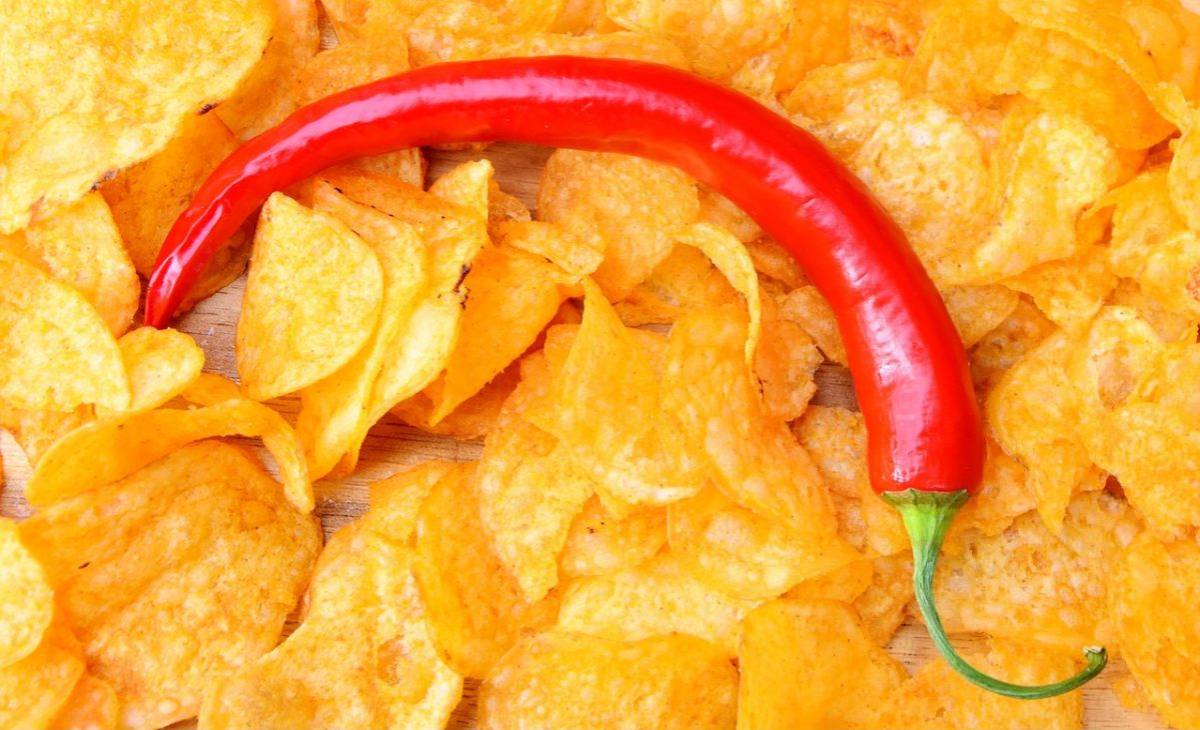Chips full of harmful substances, new German test finds
In a recent investigation conducted by German consumer magazine OekoTest, alarming findings have emerged regarding the presence of harmful substances in potato chips. The study examined 20 packs of paprika-flavored potato chips, including seven organic products, and revealed that only one product received a "very good" rating. The results indicate that many potato chips, particularly organic ones, are contaminated with various harmful substances, raising concerns about their impact on consumer health.
OekoTest identified five major problems associated with these chips: acrylamide, mineral oil components, glycidyl fatty acid esters, glycoalkaloids, and pesticides.
Acrylamide, a substance known to be carcinogenic in animal experiments, was found in eight of the tested products. While no product was completely free of acrylamide, conventional manufacturers demonstrated better control over this issue compared to their organic counterparts. OekoTest suggests that the use of germination inhibitors, which are prohibited in organic farming, may explain the disparity. Cold storage conditions used to preserve organic potatoes can lead to increased levels of acrylamide formation during frying due to the accumulation of sugars in the tubers.
Mineral oil components were also detected in the chips, with saturated petroleum hydrocarbons (MOSH/MOSH analogues) being the primary contaminants. The consequences of this accumulation are still unclear. Adding to the concern, three types of organic chips were found to contain aromatic mineral oil hydrocarbons (MOAH), which are even more problematic.
In addition, four organic products were found to contain glycidyl fatty acid esters, which can be converted in the body into glycidol, which is suspected to be carcinogenic. OekoTest highlights that these contaminants occur more frequently and in higher quantities in organic products, but manufacturers have not provided any explanations for this discrepancy.
The presence of glycoalkaloids, such as solanine or chaconine, was also examined in the chips. While most products adhered to acceptable levels, a few chips were rated as having an "increased" content of glycoalkaloids. OekoTest urges manufacturers to review their processes and consider factors such as potato variety, maturity, and storage conditions, which can influence the levels of these substances.
Storage conditions for potatoes pose a significant challenge, and conventional companies have traditionally used germination inhibitors to address this issue. However, the use of chlorpropham, a common germination inhibitor, has been banned in the EU due to its classification as "probably carcinogenic." Despite the ban, traces of chlorpropham were found in some chips tested, indicating persistent contamination from previous storage. An alternative germination inhibitor, 1,4-dimethylnaphthalene, was detected in 13 products, including two organic ones. The lack of explanations from manufacturers regarding these findings raises concerns about the potential health risks associated with these substances.
OekoTest emphasizes the urgent need for improved quality control measures and calls on providers to address the identified issues. The findings from this investigation serve as a wake-up call for the industry, urging manufacturers to prioritize the safety and well-being of consumers.
Source:






















